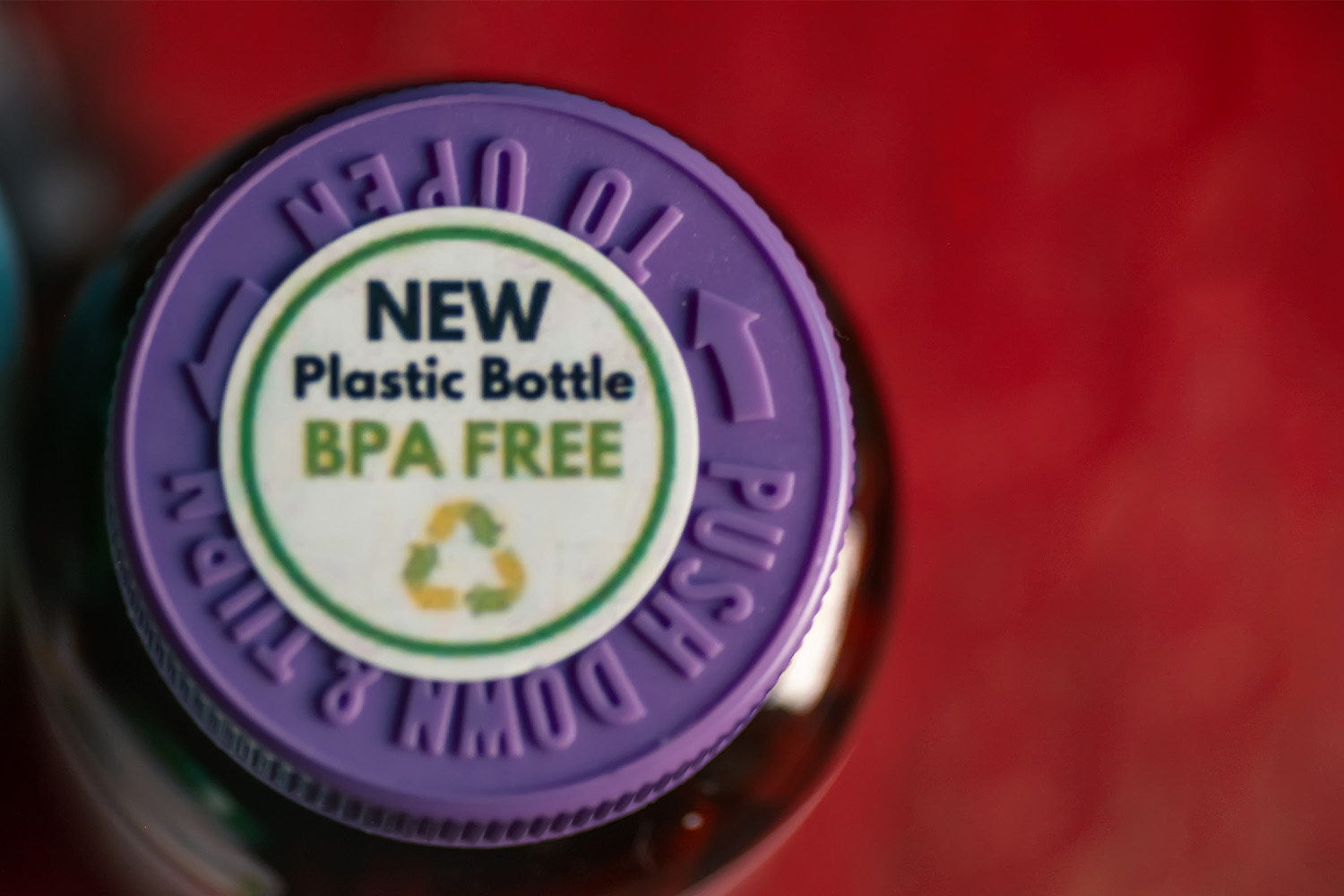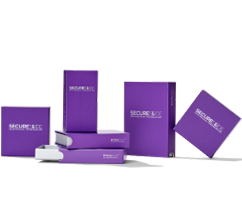
What Does BPA Free Mean?
In a world that seemingly runs on plastic products and packaging, it’s reasonable to have concerns about the safety of some materials. As regulations have ramped up through the years, certain chemicals have been identified as potentially hazardous, including the widely used compound known as Bisphenol A (BPA).
BPA was previously used in many plastic products and even occurs naturally in the environment. However, manufacturers must proceed with more caution around this compound, especially as consumers raise their standards and expectations.
Here’s what it means for products to be BPA-free, why it matters, and which BPA-free solutions you may want to consider for your brand.
What Does BPA-Free Mean?
This is one regulatory label that can safely be taken at face value. To earn the BPA-free badge, a product must have no trace of Bisphenol A in its chemical structure and instead use chemical substitutes to achieve the desired properties and characteristics.
Since BPA is an industrial chemical that is most commonly used to harden polycarbonate plastics and form solid epoxy resin materials, some companies have had to reconsider their approach to packaging as they strive to meet BPA-free standards.
Thankfully, a shift towards flexible packaging solutions and other consumer trends have emerged at a perfect time, ensuring BPA-free materials can be seamlessly adopted and employed in various product lines.
Products and packaging that are migrating toward BPA-free plastic include:
- Baby bottles and sippy cups
- Plastic containers
- Food storage containers
- Other types of food packaging
- Drink bottles
- Food cans
- Reusable water bottles
- Single-use plastic water bottles
- Dental sealants
How Harmful Is BPA?
It remains unclear exactly what health effects BPA has on the human body, though early studies show that the chemical interacts primarily with the endocrine system and hormone regulation.
Clinical research and animal studies have revealed that BPA may cause reproductive dysfunction and may also be connected to human health risks like heart disease, diabetes, and high blood pressure. In particular, this chemical can have strong effects on thyroid function in fetuses and young children.
This research has caused regulators to move quickly in their efforts to label BPA products and push for alternatives. While BPA is still used in several industries, regulatory agencies like the U.S. Food and Drug Administration (FDA) have tightened restrictions regarding how the chemical is employed and to what extent.
Is BPA-Free Plastic Really Safe?
In light of the BPA controversy, some consumers have grown hesitant about plastics altogether. Instead, these consumers reach for glass or stainless steel containers. However, BPA-free plastic has significantly improved over past standards, especially with repeated-use items like water bottles and food containers.
Not only is BPA-free the new standard of safety, but it’s also broadly expected as a market trend. Brands will not want to be left behind as wholesalers, suppliers, and manufacturers make the broad shift away from BPA.
What Are the Advantages of Going BPA-Free?
BPA-free materials are more popular each year, benefiting both manufacturers and consumers in many ways. Here are three advantages to going BPA-free in your products.
1. Good for the Environment
High amounts of BPA have been found in water supplies, impacting our ecosystems more significantly than previously imagined. Taking the BPA-free pledge demonstrates consideration for the environment and all inhabitants.
2. Protect Consumer Safety
Moving away from BPA may take time, but doing so is just another way to communicate your commitment to consumer safety. Combined with proper recycling and waste management methods, we can avoid the negative effects of BPA by minimizing BPA exposure.
3. Higher Quality
Consumers seek quality in all aspects of their purchase, including the look, feel, and performance of packaging materials. In industries like cannabis, supplements, and specialty food products, BPA-free packaging goes hand-in-hand with quality production and customer perception.
Dymapak Uses BPA-Free Mylar Bags
Mylar, a safe and highly flexible packaging solution, is setting a standard for quality as BPA is left behind.
Dymapak offers customizable BPA-free mylar bags for a wide range of product applications and is ready to take on your next project with faster production lead times than ever before.
The Bottom Line
Packaging solutions are evolving, and BPA is a thing of the past. Put your brand ahead of the competition and opt for BPA-free materials wherever possible.
Sources:
Bisphenol A (BPA) Factsheet | CDC
BPA in Common Products | Facts About BPA


